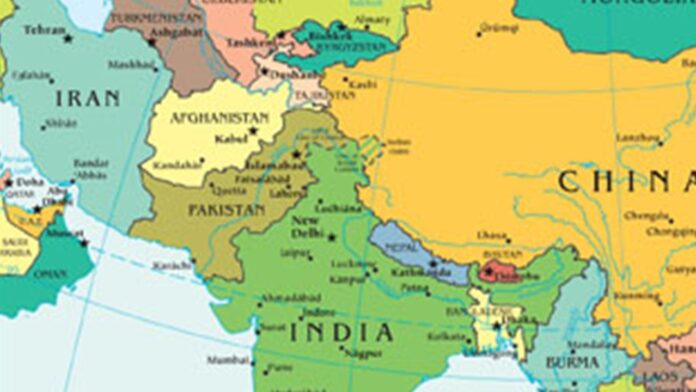Pakistan’s vast economic potential and regional and internal perils will be part of the discussion as some of the top Pakistani and American experts analyze the South Asian country seven decades after its inception.
In a departure from traditional conversations that focus solely on Pakistan’s security role – that too often from lens of the Afghan war – the two-day (April 16-17) colloquium at Johns Hopkins University will offer Americans an opportunity to experience the country’s soft side with a display of its vibrant culture and arts.
To be organized jointly by The Johns Hopkins School of Advanced International Studies (SAIS) and the Lahore University of Management Sciences (LUMS), the conference takes place at a sensitive time in U.S.-Pakistan relations, Afghan uncertainties and emergence of new players in the South and Central Asian regions.
“Seven decades after independence, Pakistan remains deeply marked by its internal contradictions and contested regional relationships. And yet it has shown a surprising social and political resilience that has belied the bleak forecasts of many of its critics,” says a description of the event Pakistan Beyond Seventy: The Long View.
Pakistan’s ambassador to the United States Aizaz Ahmed Chaudhry will speak on Pakistan’s place in the world.
![By Lime.adeel (Own work) [CC BY-SA 3.0 (http://creativecommons.org/licenses/by-sa/3.0)], via Wikimedia Commons](http://www.viewsnews.net/wp-content/uploads/2016/11/Eye_Of_Lahore_Minar_e_Pakistan_evening-1024x680.jpg)
A reception for the opening of Kaleidoscope Pakistan will be held at 4:30 pm in the Nitze Building on SAIS campus.
The specific topics for discussion include:
- Pakistan’s Political Future: Shaping the State
- U.S.-Pakistan Relations in the ‘America First’ Era: Learning from the Past
- Regional Realignment: Pakistan, Its Neighbors, and the Great Powers
- Pakistan’s Economic Futures: Stability and Innovation
- Pakistan’s Place in the World: A Discussion with Amb. Aizaz Chaudhry















